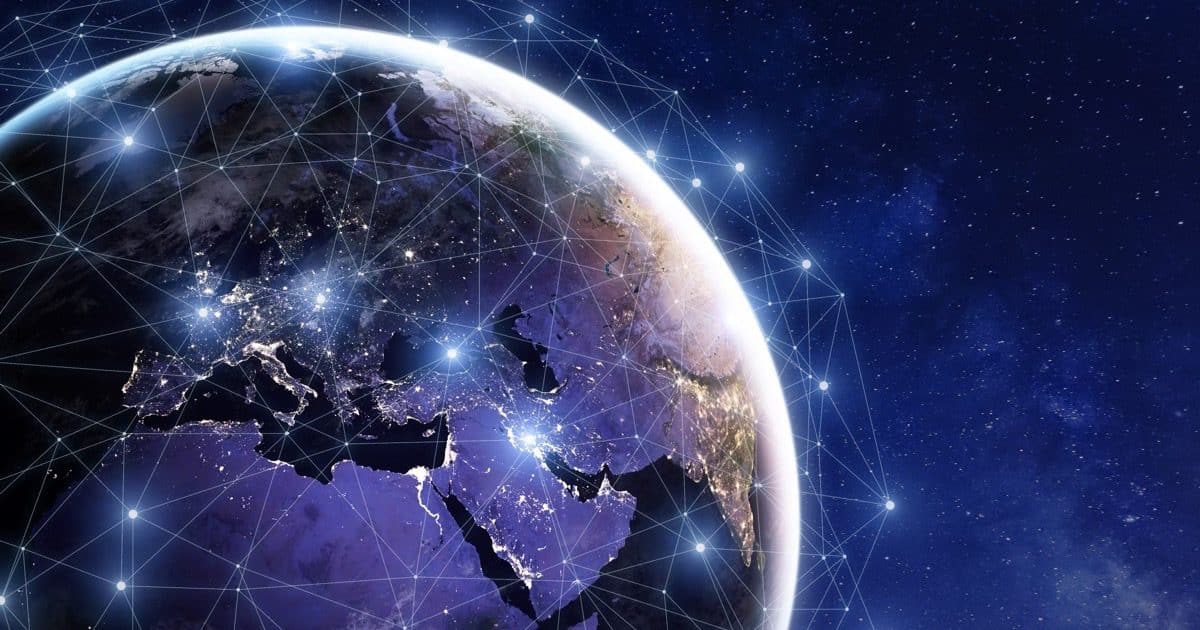We all rely on the internet for our day-to-day lives. Yet, at the height of protests, governments around the world can shut down their citizens’ access to the web. BBC News looked into where, and why, this happened during 2019.
When the internet shuts down, everything is stopped in its tracks. Data shared with the BBC by digital rights group Access Now, shows that last year services were deliberately shut down more than 200 times in 33 separate countries. This includes, on one occasion, in the UK. In April 2019 the British Transport Police shut down the wi-fi on London’s Tube network during a protest by climate change activists Extinction Rebellion. Also revealed in the report about shutdowns in 2019: The internet was switched off during 65 protests in various countries around the world. A further 12 took place during election periods. The majority of all shutdowns occurred in India. The longest internet switch-off happened in Chad, central Africa, and lasted 15 months.
Check It Out: What Happens When The Government Blocks Internet Access?

Charlotte:
Low and Middle income countries (LMICs) have found this to be useful strategy over the years to address everything from protest against the actions of larger countries (several Muslim majority countries in retaliation to FB posting of a movie intentionally maligning their prophet), shielding domestic activities and external criticism from the outside world, or isolating their population from time-dependent damaging information available in the outside world, amongst other reasons. The more recent trends of prohibiting access to specific sub-populations within a country has become a worrisome, though not surprising, trend (after all, withholding of valuable or essential resources and services, including food, water, medical aid has been used to as a weapon against populations for millennia), given that information and communication are both forms of empowerment.
Having been in some of these countries during such shut downs, it becomes immediately obvious that cutting off the internet is a double-edged sword, given commerce’s reliance in particular (government and the military are generally exempted from such isolation), and the protest that emerges from that sector in particular, with or without university student support (always a force to be reckoned with) is destabilising.
Given the importation of practices from authoritarian regimes in certain LMICs into the affluent West, particularly those aimed at delegitimising non-government controlled sources of information, like the free press, one can posit that shutting down the internet, however targeted and limited in scope, in a major nominally liberal democratic Western country will be an indicator of having turned a corner from liberality to authoritarian rule.